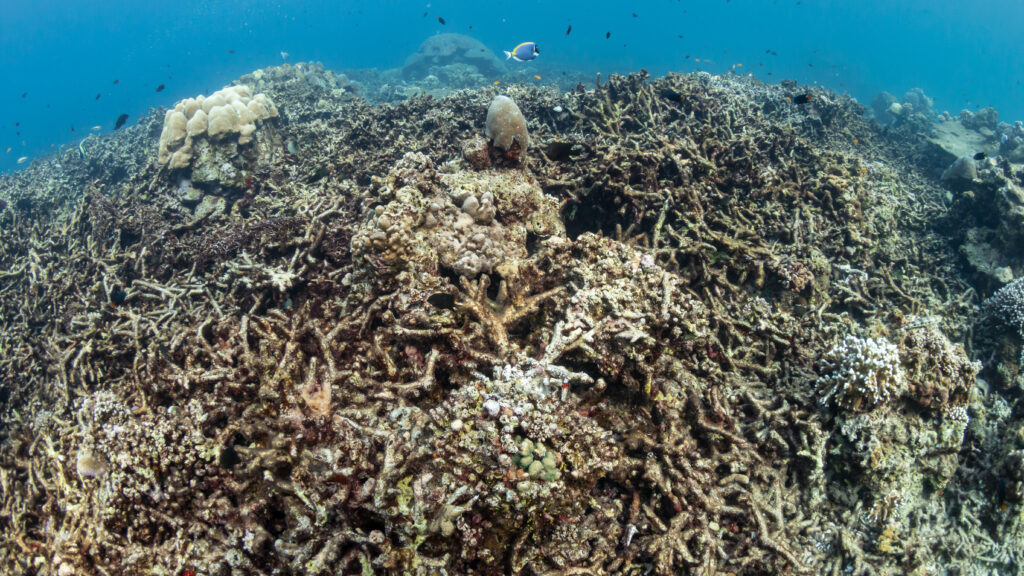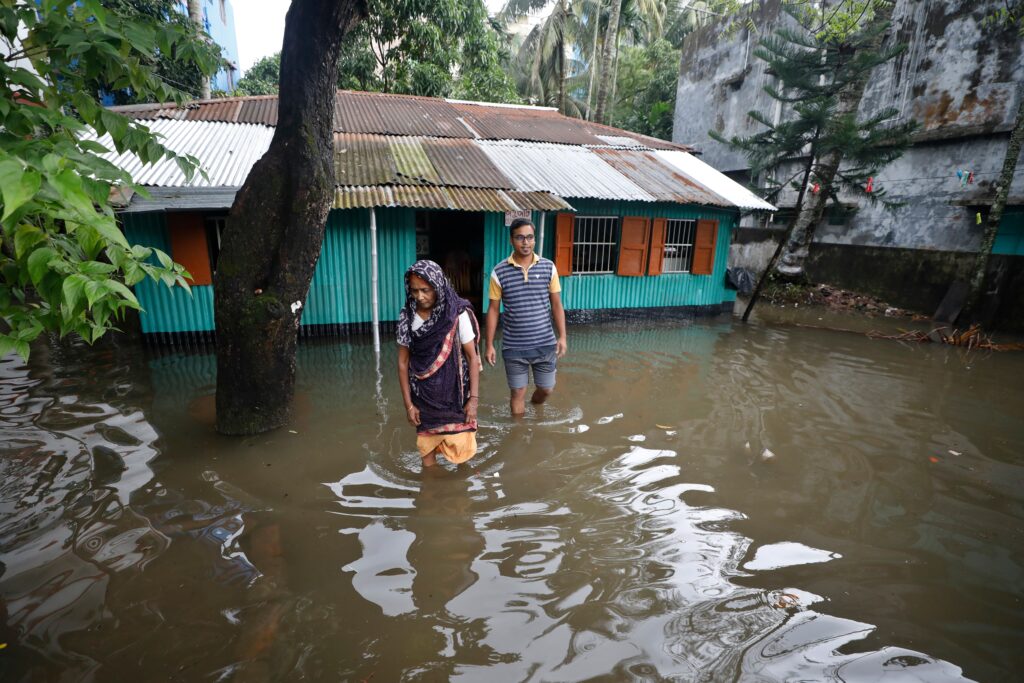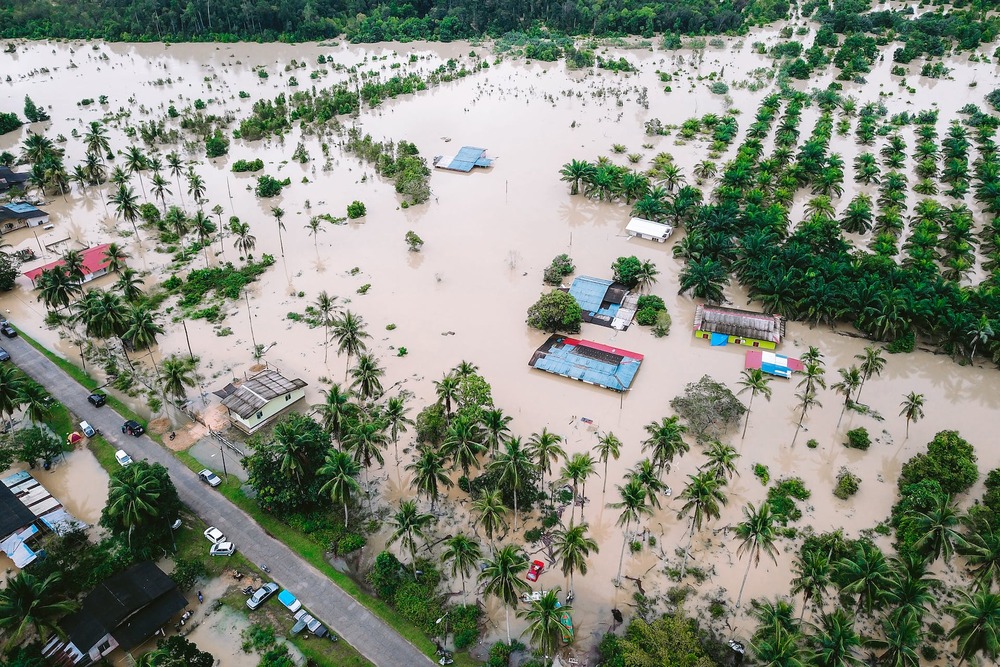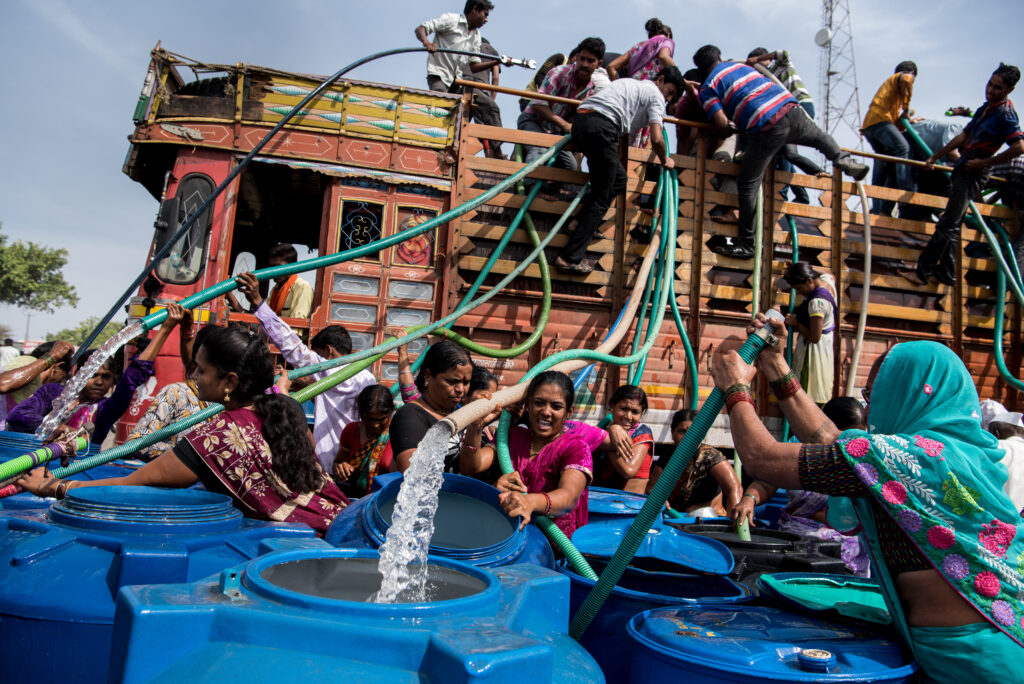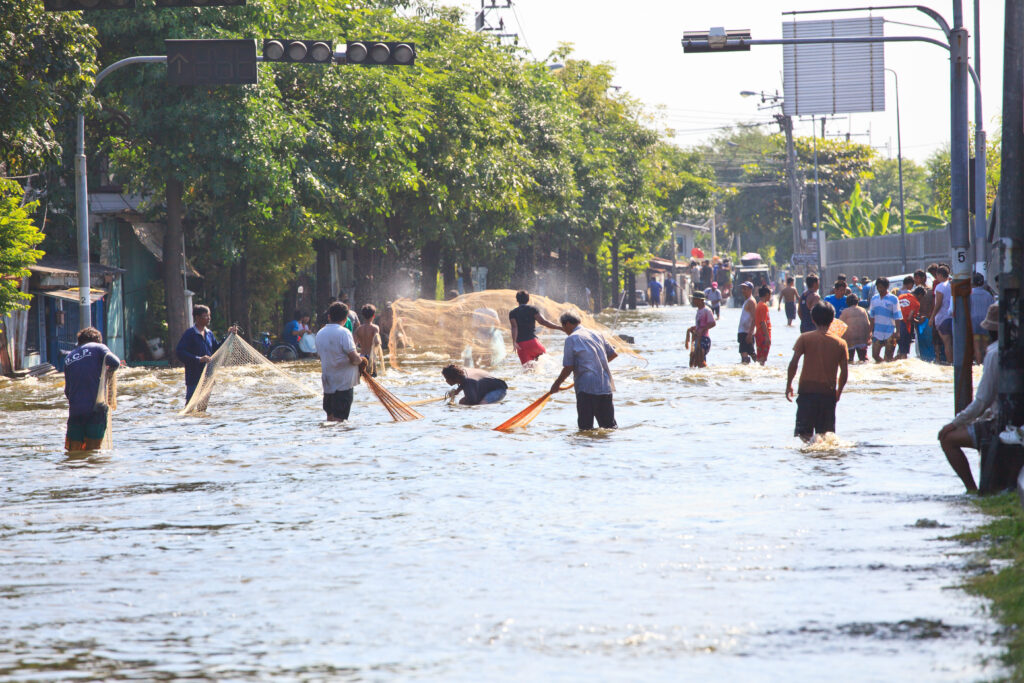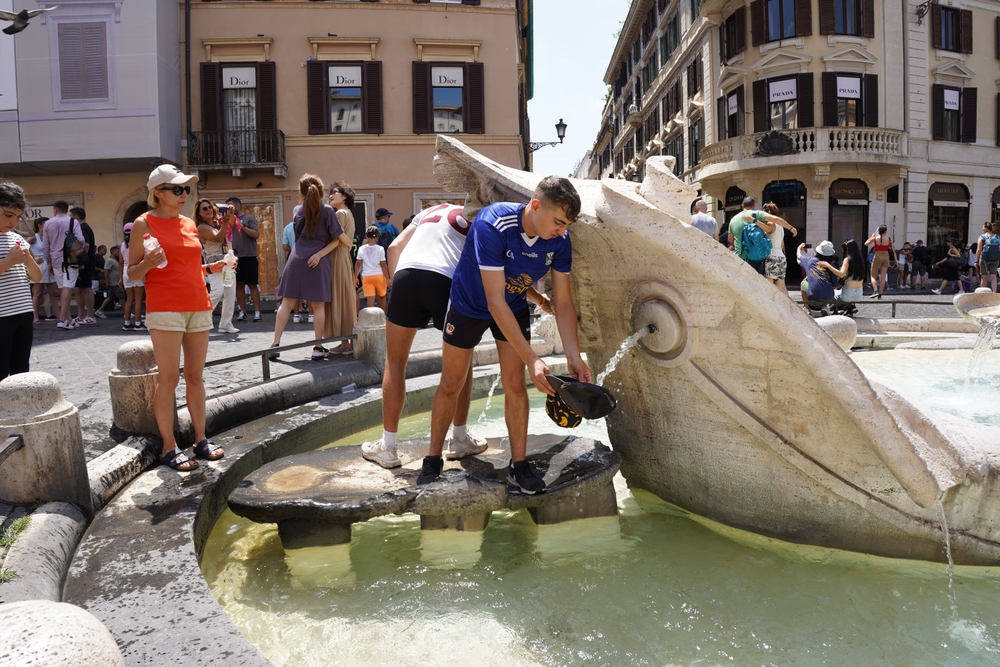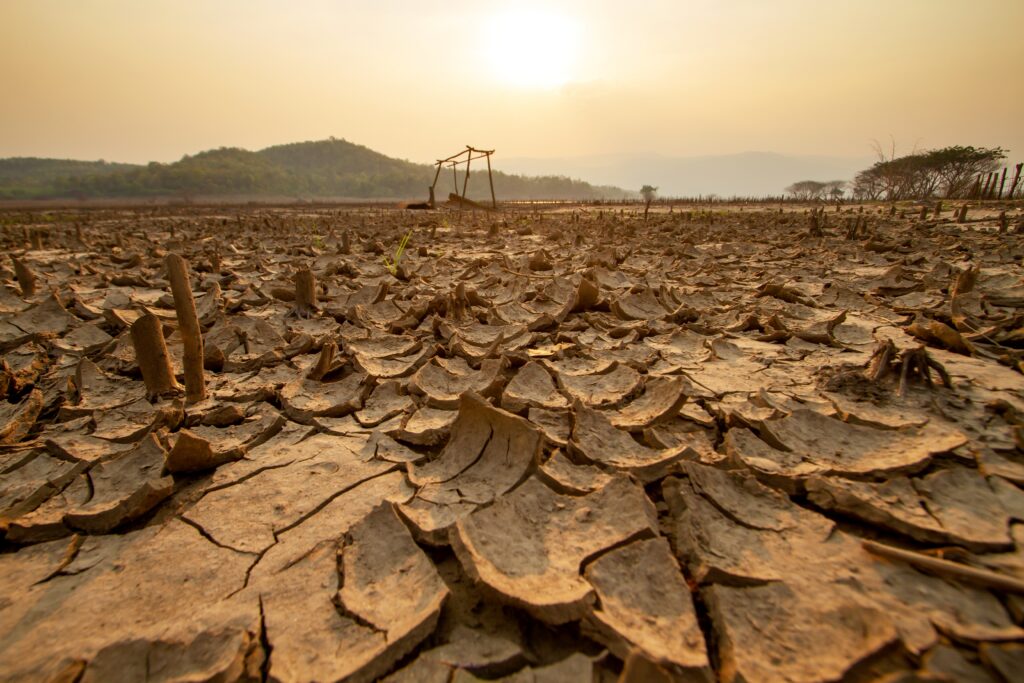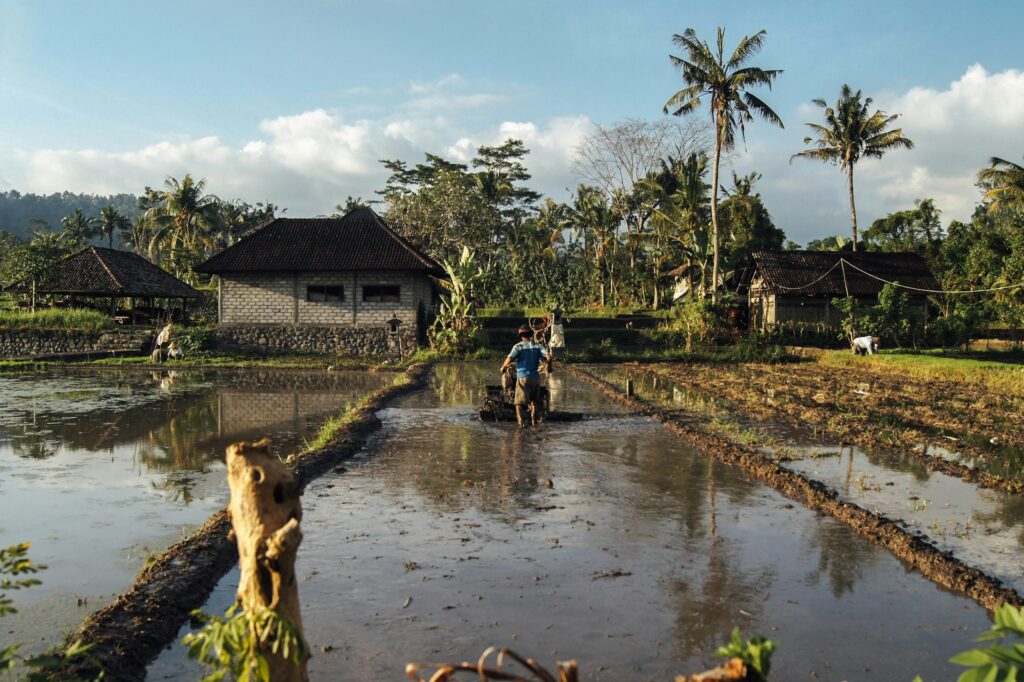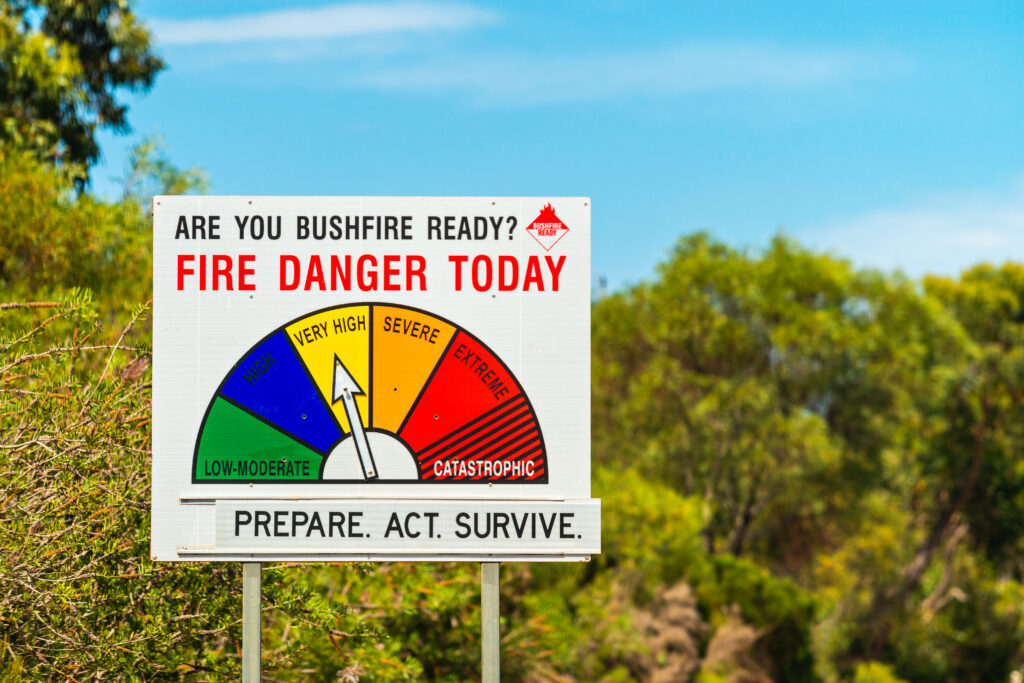Sports and climate change are intertwined in surprising and profound ways. The sports industry, from local clubs to international sporting events, significantly impacts the environment.
However, this relationship also goes in the opposite direction. Climate change is becoming increasingly difficult to accommodate during athletic events. Recently, mandated “heat breaks” were implemented at the US Open to account for increasingly high temperatures and extreme heat. The Australian Open was plagued with poor air quality caused by wildfires and smoke, causing many players to cancel and drop out.
Winter Sports and Global Warming
If current trends continue, by 2050, around half of the locations for the Winter Olympics will not be suitable for future sport events due to their lack of snow.
Understanding the relationship between sports and climate change is critical in mitigating its effects and adapting to its impacts.
Climate Crisis and The Sports Industry
As the climate crisis worsens, the sports industry must actively work towards sustainability and reduce its significant environmental impact and greenhouse gas emissions. This includes implementing greener practices such as using renewable energy sources for stadiums, promoting public transportation options for visitors, and offsetting carbon emissions from travel.
How Does Sports Affect the Environment?
While nowhere near the leading cause of climate change, sports do impact the environment. The leading impacts include the following.
Energy Consumption
Sports facilities and stadiums consume vast amounts of energy, primarily for lighting, heating, cooling and electronic systems. For instance, the energy consumption of a typical large sports stadium can exceed that of a small town.
A 70,000-seat stadium consumes between 10,000 and 20,000 kWh of energy on a game day. This is equivalent to the monthly energy consumption of 1,000 to 2,000 US homes. If this energy comes from fossil fuels, which the vast majority typically does, it has a significant carbon footprint.
Athlete and Fan Travel
Sports teams and fans often travel long distances for games. This typically relies on fossil fuel transportation, which is one of the largest sources of greenhouse gas emissions in professional sports. For example, travel for the Men’s UEFA Euro 2024 tournament is expected to account for over 80% of the tournament’s total emissions, reaching 400,000 tonnes of greenhouse gases.
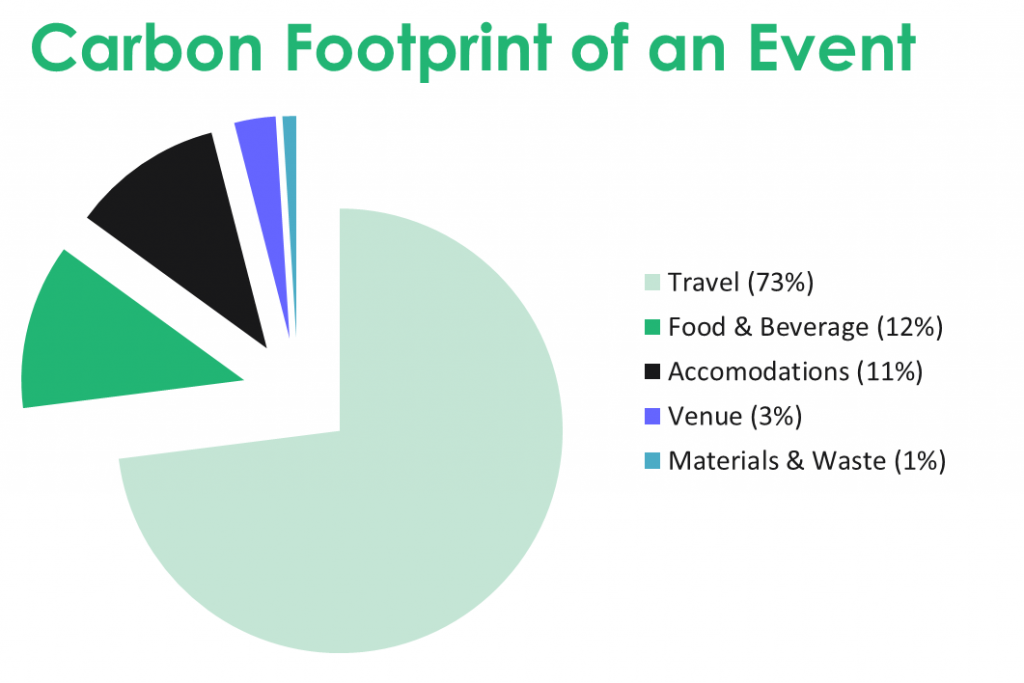
Water Use
Maintaining sports grounds, particularly for events like golf and football, requires significant water usage. Golf courses, for instance, can consume millions of litres of water annually, exacerbating water scarcity issues in arid regions. The average US golf course consumes around 1.2 million litres of water per day. The average US family uses 1,135 litres per day.
Excess Waste
Poor waste management is another issue. Sports events are notorious for generating significant quantities of waste, ranging from food packaging to promotional materials. The waste is often sent to landfills, which are filling up and slowly release methane into the atmosphere. For example, the 2016 Rio Olympics produced over 17 million tonnes of waste in six days.
How To Reduce the Impact of Sports on Climate Change
Mitigating the environmental impact of sports requires a comprehensive approach, targeting infrastructure, travel, waste and education.
Sustainable Infrastructure Design
Sports facilities can adopt sustainable building practices to reduce their environmental footprint. These include using renewable energy sources like solar and wind power, using low-carbon components and implementing energy-efficient lighting and HVAC systems.
Some sports teams have already invested in these upgrades and shown that sustainability is achievable. For example, Climate Pledge Arena in the state of Washington in the United States is the world’s first net-zero stadium. It sources 100% of its energy from renewables, diverts more than 90% of waste from landfills and recycles water from the stadium’s roof for the ice rink.
Greening Travel
Reducing travel-related emissions is inherently challenging because sports leagues are often spread over large distances. Reducing emissions at this scale of travel relies on efficiently designing game schedules to limit travel distance, choosing less carbon-intense modes of transportation and purchasing offsets.
However, many potential solutions exist on the local scale. Promoting public transportation and investing in electric or low-carbon vehicles are great options.
For example, the Paris Olympics are estimated to bring between 2.3 and 3.1 million visitors, and that travel will account for one-third of the carbon emissions. Paris has already begun to prepare, making stadiums in the path of public transit, utilising bicycle paths and providing a fleet of electric and hybrid vehicles to help shuttle athletes and spectators. This is a key component in reducing the Games’ emissions by half compared to previous years.
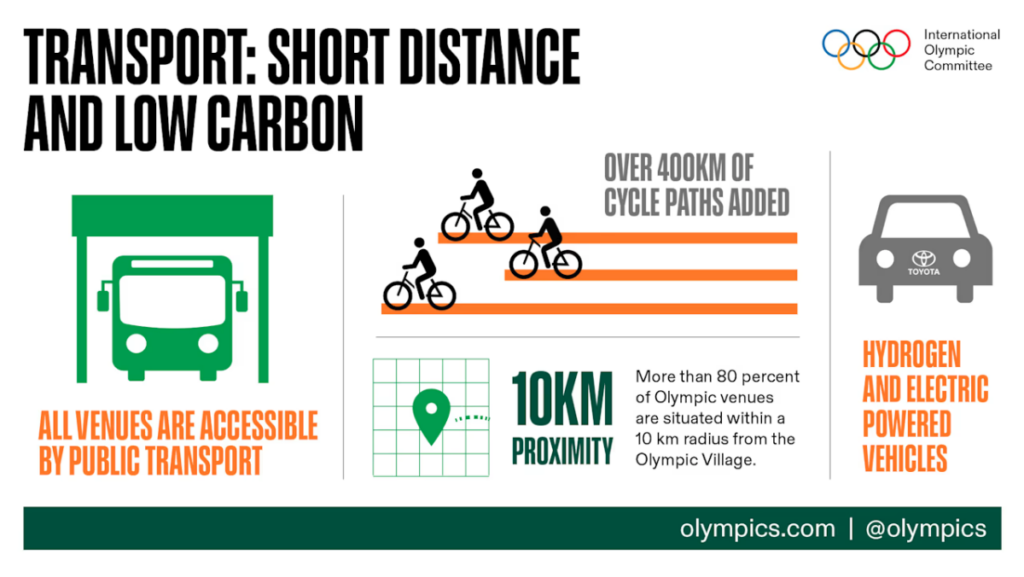
Cutting Down on Waste
Effective waste management is crucial for minimising the environmental impact of sports events. This includes recycling programs, composting, reducing single-use plastics and using recycled materials.
Already, several sports events have achieved zero-waste status, setting benchmarks for the industry. For example, the Super Bowl implemented extensive recycling and composting programs to divert waste from landfills, and the Wimbledon tennis tournament has a comprehensive waste management program with an 85% recycling rate.
Educating The Public
Finally, education plays a pivotal role in promoting sustainability within sports. Campaigns and programs aimed at raising awareness among athletes, fans and organisations can foster a culture of sustainability.
Furthermore, fans and their decisions can directly impact how sustainable athletic events can be. However, fans often don’t know how impactful their choices are. For example, in a study that polled young football fans about carbon emissions in their sport, 40.2% of fans believed waste was the highest contributor to carbon emissions, with only 32.5% suspecting transport and 18.1% saying construction.
Creating a Sustainable Future in Sports
Sports have a significant impact on the environment on a global scale, from energy consumption and carbon emissions to water use and waste generation. However, by adopting sustainable practices, the sports sector can significantly reduce its environmental footprint. Collective action from all stakeholders – athletes, fans and sports organisations – is essential to drive these changes. By connecting climate science to climate action, we can ensure a more sustainable future for sports and the planet.
It’s time to leverage the global influence of sports to lead the way in sustainability, showing that we can tackle the challenges posed by climate change with the right efforts. The Olympic Games is a great opportunity on the world stage to show how this can be done.
Although we are nowhere near the finish line, we need to take an interest in this particular race. Our world depends on it.
Eric Koons
Writer, United States
Eric is a passionate environmental advocate that believes renewable energy is a key piece in meeting the world’s growing energy demands. He received an environmental science degree from the University of California and has worked to promote environmentally and socially sustainable practices since. Eric has worked with leading environmental organisations, such as World Resources Institute and Hitachi ABB Power Grids.
Eric is a passionate environmental advocate that believes renewable energy is a key piece in meeting the world’s growing energy demands. He received an environmental science degree from the University of California and has worked to promote environmentally and socially sustainable practices since. Eric has worked with leading environmental organisations, such as World Resources Institute and Hitachi ABB Power Grids.



